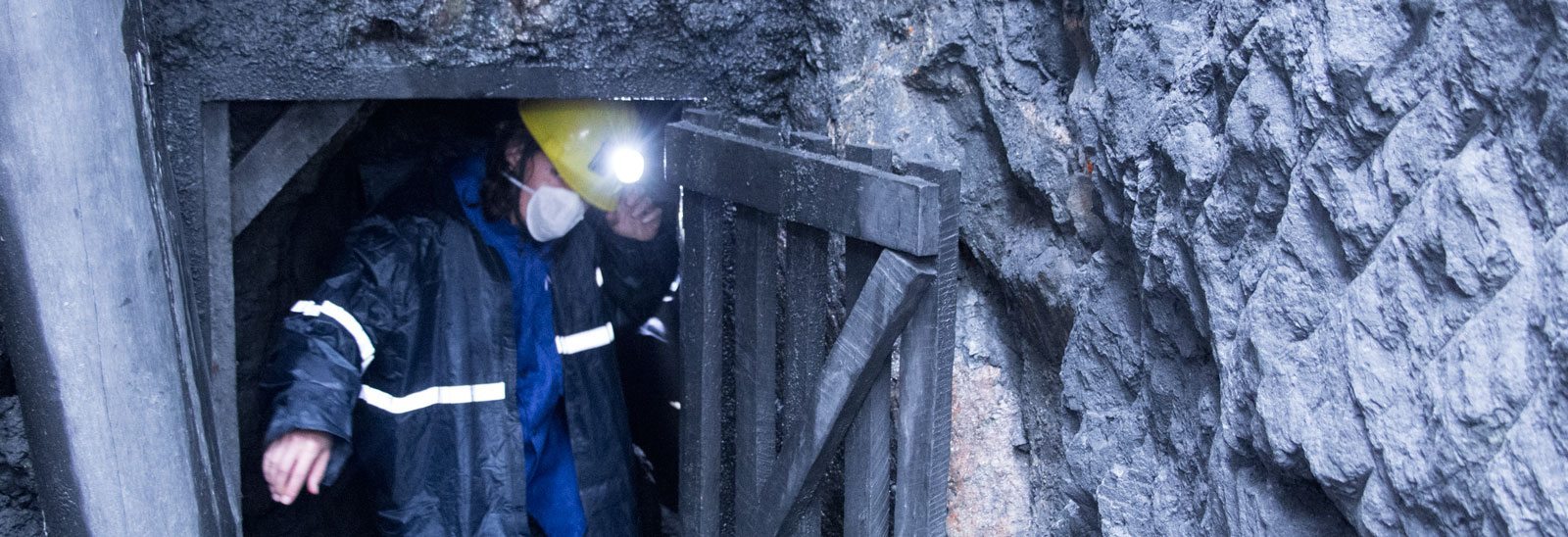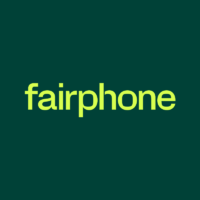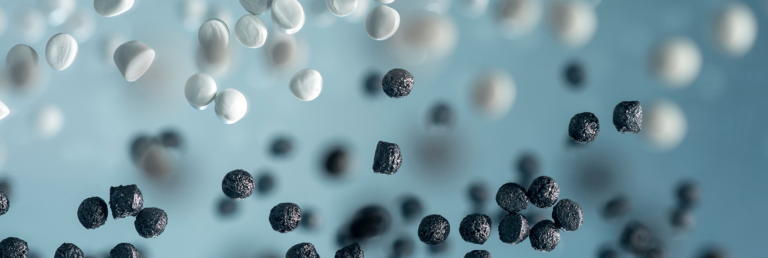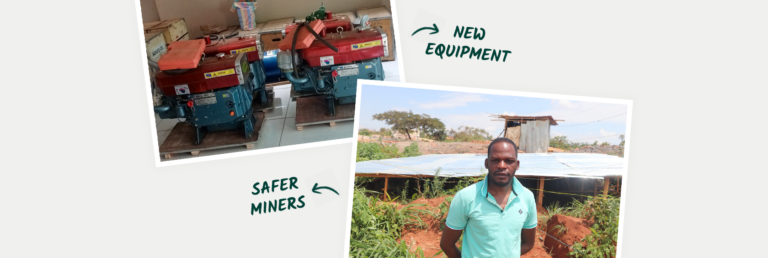Our latest step to integrate conflict-free tungsten: visiting the mine in Rwanda
At Fairphone, we care about the materials in our phone and want to inspire the entire industry to source more responsibly. With this in mind, we’ve been working with our supply chain partners to integrate conflict-free tungsten into our supply chain, specifically in the vibration motor of Fairphone 2. Last week, we visited the mine site in Rwanda from which we will soon likely source our tungsten. The goal of this trip was to get to know the mine better, assess the latest improvements towards more responsible mining practices, and get closer to stimulating the conflict-free mining trade in Rwanda and the African Great Lakes Region.
The mining and trading of tin, tantalum, tungsten and gold has been associated with financing local armed groups in the Democratic Republic of the Congo and adjoining countries. For this reason, companies are increasingly expected to report on the use of these minerals and the measures taken to prevent financing conflict in the African Great Lakes Region. While we applaud an increase in transparency and international reporting, the additional investments and paperwork required has contributed to some companies avoiding sourcing from this region altogether. With this decline in trade comes many unintended consequences, including loss of income and employment for communities who depend on mining jobs. Therefore, Fairphone wants to support more responsible mining in the Great Lakes Region to improve the current situation and create better alternatives for these mining communities.
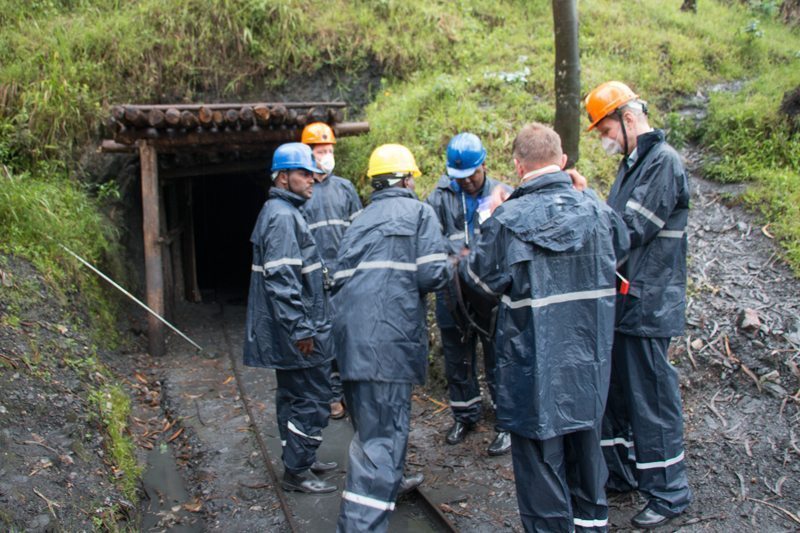
Stimulating responsible trading of tungsten from the African Great Lakes Region
In 2014, we were introduced to Steffen Schmidt, Manager International Mining for the Austrian tungsten smelter Wolfram Bergbau und Hütten AG (WBH). Following requests from clients to become “Africa-free”, he had to move away from trading with his Rwandan partners. Ever since, Steffen has been trying to re-establish these relationships and promote re-opening the tungsten trade in Rwanda. While we only require small quantities of tungsten for our Fairphones, we believe combining our efforts and trying to establish a conflict-free tungsten supply chain in Rwanda could positively impact the general acceptance of sourcing tungsten from this region. One of the mines affected by the de-facto ban was New Bugarama Mining Company, which we visited for the first time in the summer of 2014.
The New Bugurama Mining Company (NBM) is located in the north of Rwanda, near the city of Kidao, and includes a tungsten mining area of almost 900 hectares. This area has come a long way in the past two decades. During the Rwandan genocide in the 1990s, the site was completely destroyed. No buildings or equipment remained, and without the legitimate owners present, workers began mining illegally and in unsafe conditions. As of 2009, New Bugurama Mining Company invested in geological studies and other research to gradually move away from the chaotic situation. Today, NBM has 145 permanent employees, all of Rwandan origin, and works with seven mining cooperatives with whom it has a contract to off-take all of their production. NBM also ensures that that the cooperatives pay the miners on their bank accounts and cover their social security. Around 700 miners from the cooperatives work at the mine on a daily basis. The mineworkers live nearby within walking distance of the site.
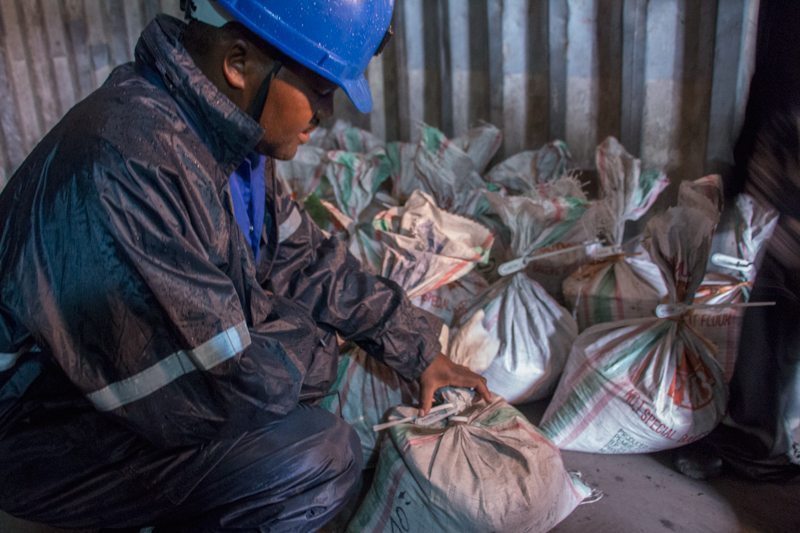
Experiencing improved mining practices firsthand
During our research trip to Rwanda last week, it was very exciting to be on-site again and see the latest developments with our own eyes, including:
- Expansion of proper roads and increased amount of mechanized tunnels (from two to seven), improving safety and productivity
- More stable incomes, including the provision of social security and medical insurance which covers the miner’s entire family.
- Medical checks and a complete personal safety equipment (uniform, helmet, mask, gloves and protective boots) provided to all miners at all times
- Toilets have been built at several places throughout the mine for better hygiene
- Construction of five water reservoirs to supply miners with sufficient water (essential for properly and efficiently washing the tungsten)
- Clear indication of the site’s boundaries and monitoring processes in place to prevent child labor
- Donations have been given to the surrounding community for schools, sanitation and improved housing
- Construction of buildings and offices for NBM employees as well as a small pilot plant for the crushing and preliminary refining of the tungsten
- Improved environmental management, including monitoring land disturbance and surface and groundwater quality, mine re-levelling and re-vegetation and promoting the recycling of mining waste
All of these improvements provide a clear indication that NBM is working towards, and achieving more responsible mining practices. However, considering the turbulent history and complex environment in the African Great Lakes Region, various challenges remain and necessary improvements in working conditions are required going forward. It’s also important to realize that the shift from artisanal to high-end (semi-)industrialized mining won’t happen overnight, and as such the working methods have not yet reached the same level of professionalism that you see in Europe.
Also, among some of the workers, a move towards stricter control and oversight can cause friction. For example, NBM introduced a policy to only allow mineworkers in designated pits during working hours from 8:00 to 17:00, however some workers have tried to ignore these restrictions in order to achieve higher volumes and thereby increase their earnings. Therefore, additional training and education remains crucial in the coming years. Finally, NBM has pointed out the challenges of fluctuating global tungsten prices, whereas the ongoing costs for traceability and auditing remains the same even when market prices are low.
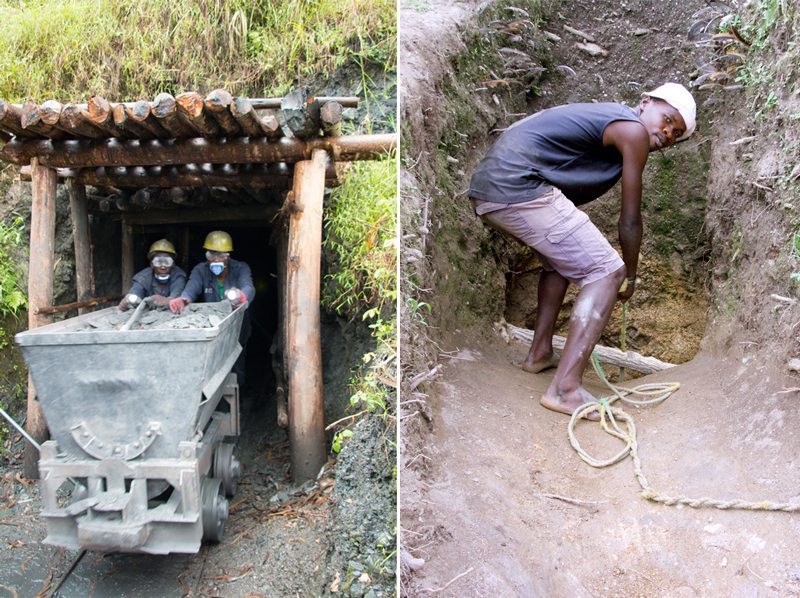
Moving closer to conflict-free tungsten integration
Only a few steps remain before the tungsten from NBM is integrated in our supply chain and can be used in the vibration motor of the Fairphone 2. Even though this mine is already a major improvement compared to others in the region, in the meantime we’ll continue to engage with NBM to assess ongoing challenges and prioritize improvements on-site.
As with our Fairtrade gold pilot, we believe this collaboration between NBM, WBH and Fairphone is another example of how genuine engagement between supply chain partners can lead to concrete steps towards improvement and show the electronics industry that it’s possible to gradually move towards more responsible materials sourcing. For this reason, we’re already exploring ways to develop and duplicate this initiative in other forms and regions. We’ll surely keep you updated!
